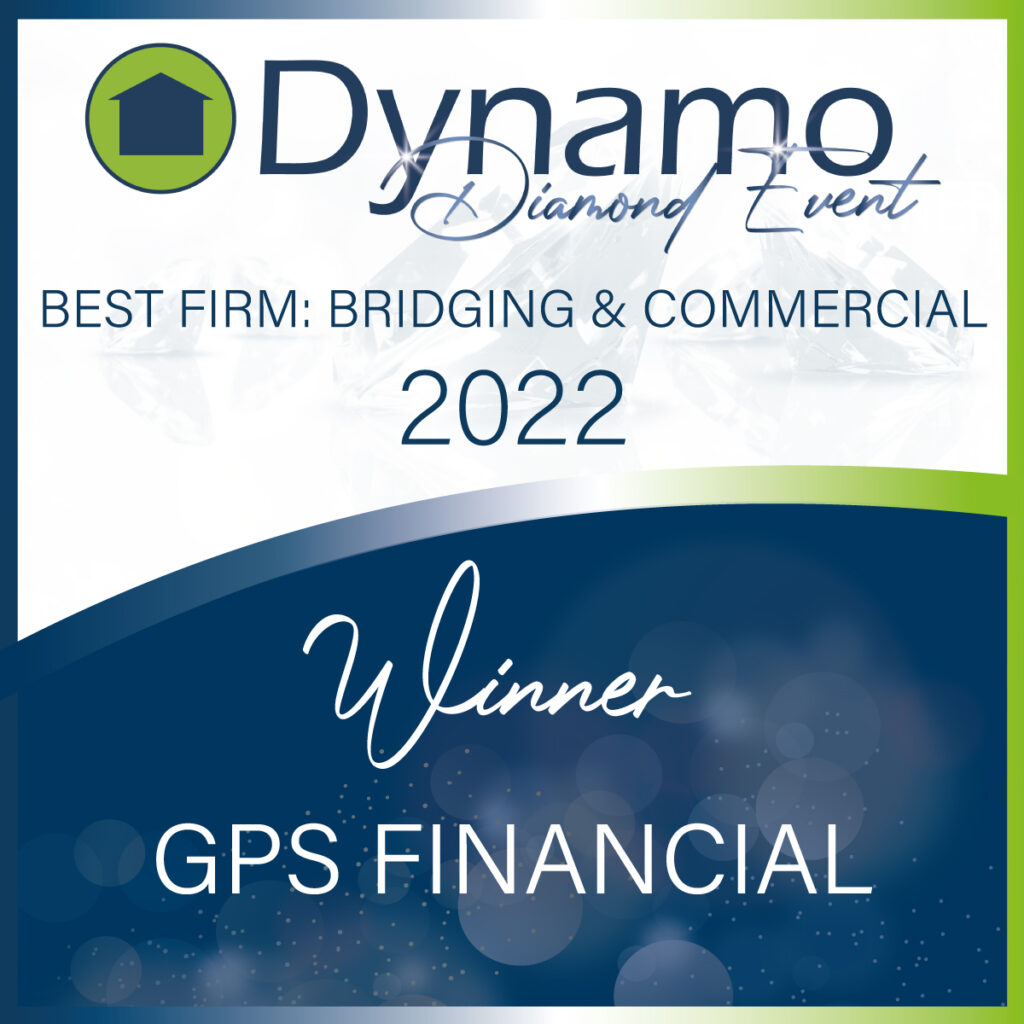Second Charge Bridging Loans
- Industry leading property finance specialists
- Expert brokers with decades of experience
- Access to the top lenders to get the best value
Get in touch for a free, no-obligation chat with an adviser about how we might be able to help.
Home » Bridging Loans » Second Charge Bridging Loans
2nd Charge Bridging Loans
GPS Financial are experts in second-charge bridging loans. If you’re looking to finance a property purchase or project, we’re the people to call.
A second charge bridging loan enables you to raise capital on a property that already has a mortgage. It’s ideal for refurbishment, development, conversion, buying another property, or something else entirely.
A 2nd charge bridging loan can be:
- For amounts of £25k to £25 million
- From 1 to 36 months
- Up to 75% LTV
This type of loan is ideal for individuals that might incur early repayment fees if rearranging a residential mortgage.
They are also for businesses that need temporary funds to achieve business goals without impacting their current mortgage.
Second charge bridging explained
‘Second charge’ means the loan has the second option on the property after the mortgage.
If you need to raise funds for any property project or purchase and don’t want to remortgage, second charge loans are an excellent option.
Like standard bridging loans, second charge loans are useful for:
- Raising temporary capital on top of a mortgage
- Raising money without having to remortgage
- Anyone in the fixed term period of a mortgage where remortgaging involves fees
- To cover extra costs before selling or leasing a property
- Unforeseen expenses that require temporary funds
What is a Bridging Loan?
A bridging loan is a type of short-term loan that bridges the gap between expenses and the availability of other kinds of financing.
It is typically used to purchase or refinance a mortgage, to purchase real estate, or to fund business transactions.
The amount borrowed for a bridge loan is usually secured by some kind of collateral such as property or other assets.
These loans are also known as bridge financing, interim financing, or swing loans, and can last from one month up to six months in duration.
Bridging loans are typically more expensive than mortgages, term loans, and other secured loans due to the higher risk associated with them.
They are also more difficult to qualify for since they require more documentation and have stricter credit criteria than other types of loans.
When are second charge Bridging Loans beneficial?
Second charge bridge loans are beneficial when a borrower needs to access additional funds but is unable to do so using their existing mortgage.
In this situation, the borrower can take out a bridge loan with a lender in order to finance the purchase of an asset or to cover other costs.
The loan is secured against the property and does not affect the existing mortgage.
The repayment terms and interest rate will be agreed between the lender and borrower, however, there may be an early repayment charge if the loan is paid off before its maturity date.
Benefits of a second charge loan include the borrower being able to raise funds quickly without having to go through the lengthy process of remortgaging.
The loan-to-value (LTV) ratio on Bridging Loans is usually quite high, up to 75%, which means that borrowers can access more funding than they would with traditional types of borrowing such as an unsecured loan or credit card.
Speak To An Expert
Giving you peace of mind while you sit back and let us do all the work for you while finding you the best deal for your financial situation.
How long will it take?
If you need a second charge bridging loan, the duration of time it takes depends on the complexity of your application and the lender’s assessment criteria. Generally speaking, it can take anywhere from 2-4 weeks for a 2nd charge bridging loan to be approved and for funds to be available. This is because a full credit history and financial documents must be reviewed before approval can be granted. As such, it is important to plan in advance if you need to access funds quickly.Do I need consent from my first charge lender?
In most cases consent is required. But even without consent, we can still lend in many cases using an equitable charge.How much can I borrow?
The amount you can borrow depends on the value of your property and is typically based on a percentage of that value. This percentage is decided by the lender and usually ranges from 20 – 75%. The amount that can be secured using a second charge bridging loan can start from £25,000 and can be as large as £25 million depending on the property. A second charge bridging loan ranks behind the main mortgage and has second priority to any repayment after the sale of the home.How does credit history impact applications?
We may be able to assist even with adverse credit history. However, your exit strategy will be an important consideration.Why choose GPS Financial
As bridging loan experts, GPS Financial can help assess the right type of finance for the purpose and your situation.GPS Financial are award-winning property finance specialist based in Cardiff, taking home the award for Best Firm: Bridging & Commercial in 2022, selected by Dynamo for Intermediaries, one of the country’s foremost Mortgage Clubs.
Want help securing a second charge bridging loan? Contact the experts GPS Financial, fill in the contact form at the top of the page and one of our financial advisors will be in touch.
Useful Links
- About Us
- Bridging Loans
- 100% LTV Bridging Loans
- Auction Bridging Finance
- Bridging Loan Locations
- Bridging Loan for Property Development
- Bridging Loan Property Purchase
- Bridging For Refurbishment
- Commercial Bridging Loans
- Regulated Bridging Loan
- Quick Bridging Loans
- Buy-to-Let Mortgages
- Expat Mortgage Broker
- HMO Mortgages
- Mortgages for Expats and Foreign Nationals
- Limited Company Buy-to-Let
- Self-Build Mortgages
- Short Term Lets
- Specialist Mortgages
- Contact Us
Why GPS Financial?






